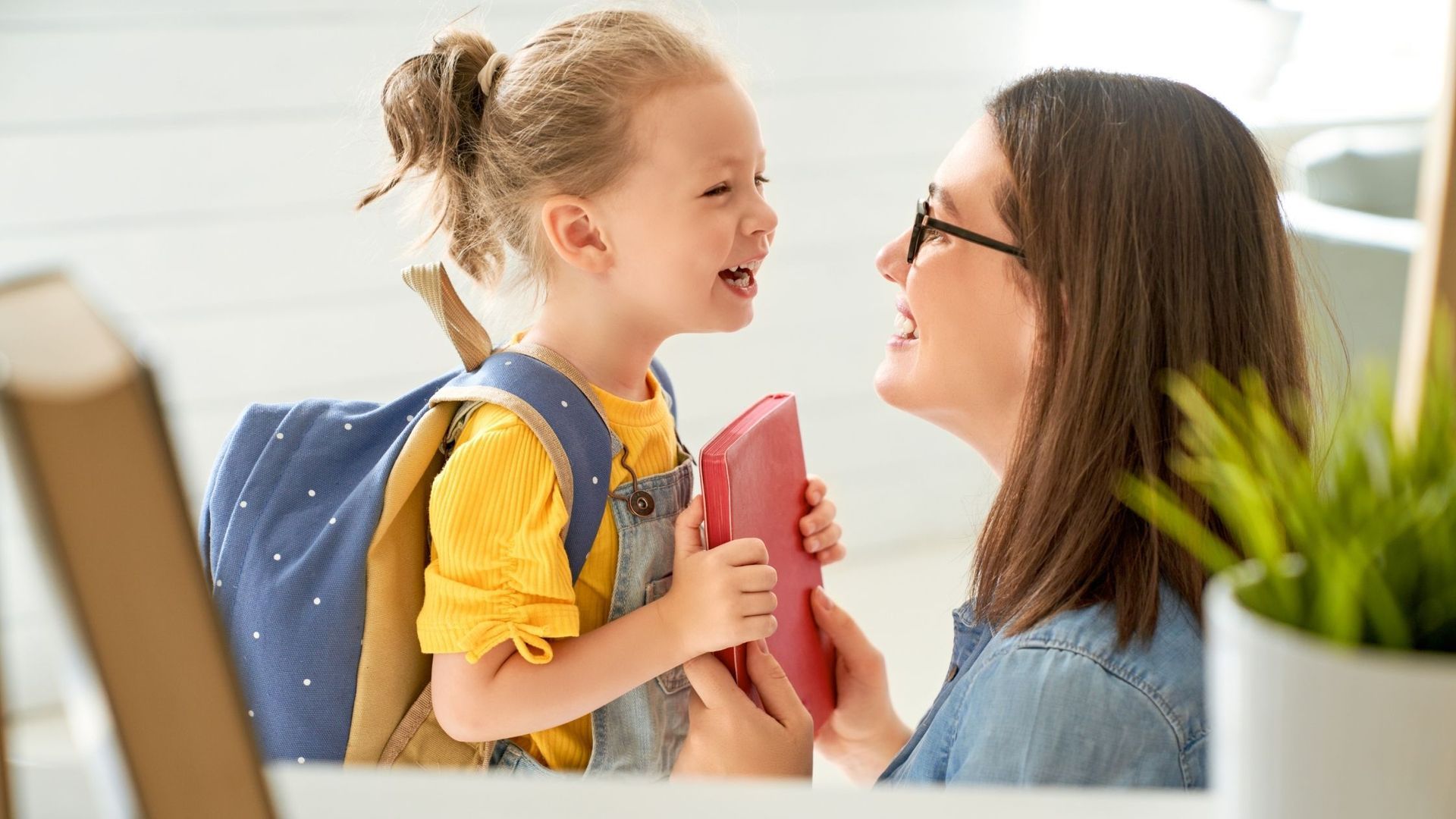When the Blocks Fall and the Giggles Start

At Little Angels Silver Star, we believe that the essence of childhood lies not just in the loud, energetic moments of play, but also in the quieter, more focused moments when the building blocks fall and the giggles start. These seemingly simple moments of play hold tremendous potential for creativity, learning, and personal growth. Whether it's the joy of knocking down a block tower after hours of careful construction, or the burst of laughter that follows a playful accident, every second of this fun filled process is packed with developmental benefits.
The rhythm of blocks tumbling to the floor is a familiar sound in our classrooms. It is often accompanied by giggles, shrieks of excitement, or quiet contemplation as children observe their creations built and destroyed learning from every experience. Through these spontaneous moments of joy and discovery, children are not only strengthening their social, emotional, and cognitive skills, but also developing a deeper connection with themselves and their peers.
Exploration and Expression Through Building Blocks
Building blocks, often perceived as a simple tool for construction, are actually a gateway to the world of imagination. Children don't just build; they imagine entire worlds, stories, and scenarios through these small, colorful pieces. The power of these blocks goes beyond their ability to stack and fit together. They are the foundation for exploring new ideas, solving problems, and creating narratives.
As children work with blocks, they are engaging in hands on learning that fosters important cognitive skills. For example, when stacking blocks to create a tower, children must think critically about balance, symmetry, and stability. They are learning basic engineering principles in a playful, intuitive way. When the tower topples and the blocks fall, they are also learning about cause and effect, problem solving, and resilience the ability to try again even after failure. These lessons are not always explicitly taught, but they are deeply ingrained in the process of play.
The narrative that unfolds during block play is also significant. A child might transform a simple block into a key part of an elaborate story a tower could become a palace, a bridge could become a road for racing cars, and a single block might represent a person or animal in the play. As children engage in these imaginative scenarios, they enhance their language skills, practice social roles, and expand their vocabulary by narrating their play, negotiating with peers, and building on their shared stories.
Emotional Growth Through Play and Laughter
Laughter is not only a sign of joy but also a vital aspect of emotional development. The act of building and playing with blocks is full of ups and downs. Children experience the thrill of success when they manage to balance a tower just right, but they also feel the frustration of failure when it all comes crashing down. These mixed emotions are an important part of early childhood development.
The ability to laugh at these small setbacks teaches children that failure is a natural part of the learning process. It encourages a growth mindset, where children learn to view challenges not as obstacles but as opportunities to learn and grow. When a block structure falls and the child bursts into laughter, it signals that they have not only found joy in the process of creation but have also learned that setbacks are not the end of the road, but rather a part of the journey.
Laughter also fosters social connections. When children share a moment of humor whether it's a funny block related accident or a playful game they bond with one another. These shared moments help build trust, encourage cooperation, and create a sense of community among peers. At Little Angels Silver Star, we encourage children to share their experiences, laugh together, and celebrate each other’s successes, which strengthens their emotional intelligence and ability to work well with others.
The Role of Collaboration in Building and Play
One of the most powerful aspects of block play at Little Angels Silver Star is the way it fosters collaboration among children. While block play can be an individual activity, it often becomes a social experience where children work together to create something larger than themselves. As they pool their ideas, share resources, and divide responsibilities, they are learning essential skills for working in teams, resolving conflicts, and compromising.
Children may take on different roles as they collaborate in block play. Some may assume the role of the architect, offering ideas and organizing the design, while others act as builders, carrying out the construction. In this cooperative play, each child brings their strengths and imagination to the table, creating a dynamic and creative environment.
Working together to build something whether it’s a massive city made of blocks or a detailed farm with roads and houses teaches children how to listen, negotiate, and respect differing ideas. They learn to value the input of others and find ways to incorporate everyone's ideas into the final product. The process of working together to achieve a common goal also strengthens relationships, builds empathy, and develops communication skills.
Promoting Critical Thinking and Problem Solving Skills
Block play is a dynamic form of hands on learning that encourages children to think critically. As they manipulate the blocks and explore different configurations, they are engaging in early problem solving. How can they make the structure taller without it toppling over? What arrangement of blocks will create the strongest foundation? These questions require children to think logically, make decisions, and experiment with different solutions.
The trial and error process that often accompanies block play is invaluable for developing critical thinking skills. As children test various designs, they begin to understand the importance of planning and experimentation. They also learn that not all problems have a single solution there are often multiple ways to approach a challenge, and creativity plays a significant role in finding innovative solutions.
These skills are foundational for later academic success, as they encourage a mindset of inquiry and investigation. When children are encouraged to explore, make decisions, and figure things out on their own, they are building the confidence and independence that will help them excel in future learning environments.
The Endless Possibilities of Block Play
The beauty of block play lies in its simplicity and versatility. The same set of blocks can become countless different creations, depending on the imagination of the child. One day, the blocks may form a tall tower, and the next day they may become a maze, a castle, or even a spaceship. Each new idea that emerges builds on the previous one, leading to a cycle of creativity and exploration that is both enriching and fun.
As children build, they are also developing spatial awareness and fine motor skills. They learn how to manipulate objects, balance pieces, and coordinate their movements. These activities support the development of hand eye coordination and dexterity, which are important for tasks like writing, drawing, and other future academic activities.
But perhaps the most profound aspect of block play is its ability to allow children to express themselves. Whether they are creating intricate designs or building simple structures, children are communicating their ideas, emotions, and understanding of the world around them. Through play, they make sense of their experiences, practice their storytelling skills, and develop a deeper understanding of themselves and their peers.
Building a Foundation for Lifelong Learning
At Little Angels Silver Star, we recognize that every block that falls, every structure that is built, and every giggle that follows contributes to a larger process of growth and learning. The act of play is not just about having fun it’s about fostering a sense of curiosity, perseverance, and creativity that will serve children throughout their lives.
As children grow, the skills they develop through block play problem solving, collaboration, critical thinking, and emotional resilience will help them succeed in many different areas of life. Whether they are working on a school project, collaborating with a team at work, or simply navigating the challenges of daily life, the lessons learned through play will stay with them, providing a strong foundation for future success.
At Little Angels Silver Star, we are committed to creating an environment where children can explore, imagine, and grow. Whether the blocks are stacked high or scattered across the floor, we celebrate every moment of play, knowing that each one is a step toward developing the skills and confidence that children need to thrive. The dynamic play experiences we provide—like building with blocks and fostering emotional and cognitive growth—are just a small part of the comprehensive care and learning environment we offer. To ensure your child benefits from such an enriching experience, it’s important to know
how to secure your child's spot in a top Orlando childcare program. Moreover, many parents wonder if daycare is available all year round, and we’re here to clarify that by offering
the truth about year-round daycare to make sure your child's learning continues consistently.










